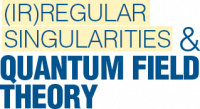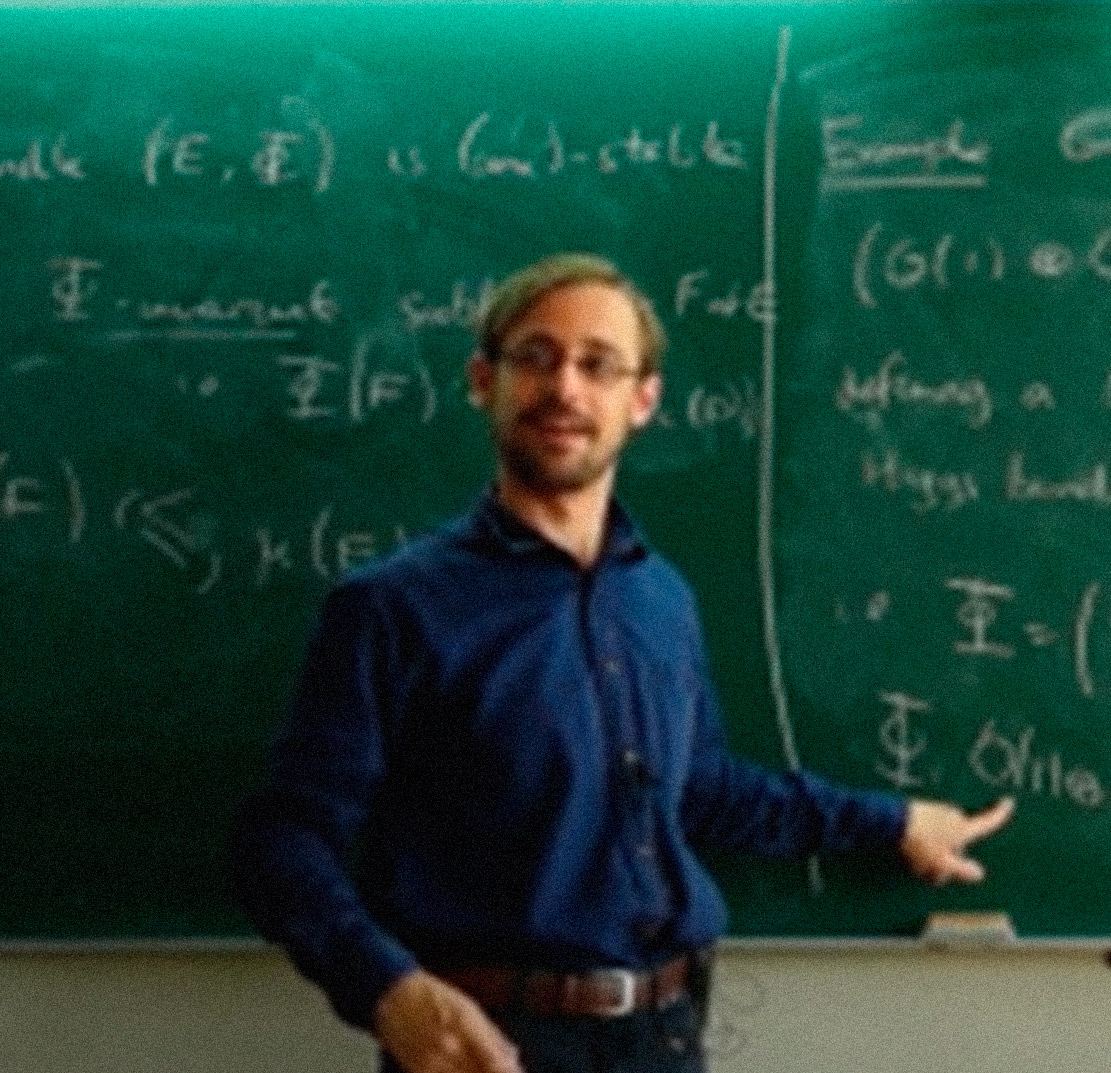Enumerative invariants and Riemann-Hilbert problems
Description
Enumerative invariants of Calabi-Yau-3 categories give rise to remarkable geometric structures on their spaces of stability conditions. The Donaldson-Thomas invariants of such a category define a non-linear flat connection on the projective line, which varies isomonodromically as the stability condition changes. These connections resemble Dubrovin’s connection of a Frobenius manifold and they define a prepotential that records the genus zero Gromov-Witten invariants in the case of the bounded derived category of coherent sheaves.
Goals
Solving the Riemann-Hilbert problems specified by such connections explicitly appears to give a way of computing the topological string partition function, which encodes the higher genus Gromov-Witten invariants. This has only been done until now in so-called uncoupled cases such as the resolved conifold where the Donaldson-Thomas invariants do not change as the stability condition varies. It would be of great interest to solve these Riemann-Hilbert problems for tractable coupled examples such as those associated to derived categories of coherent sheaves on local Calabi-Yau varieties.
Results so far (December 2020)
Bridgeland and Masoero have proven have solved the Riemann-Hilbert problem in the simplest coupled case, namely the Calabi-Yau-3 category associated to the A2 quiver. Their method uses the isomonodromy flow on a torus bundle over the space of stability conditions extending that of the first Painleve equation. One expects that this method is generalisable to categories associated to the other Painleve quivers identified in Sutherland’s thesis.




